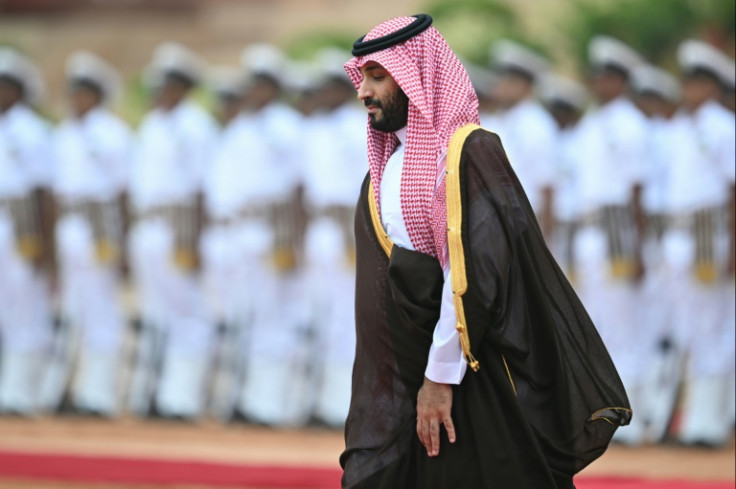Saudi Arabia, Where Women Are Stoned To Death, To Lead UN Women's Rights Group
Women can be financially punished for refusing to have sex with their husband

Saudi Arabia has been chosen to lead a top United Nations (UN) women's rights group. Campaigners have since lashed out at the unopposed bid, pointing the finger at the UN for ignoring the nation's "abysmal" treatment of women.
Abdulaziz Alwasil, Saudi Arabia's envoy to the UN, was named the chair of the Commission on the Status of Women (CSW). Alwasil's claim to the women's rights chair was utterly unchallenged, with no objection from any members present at the annual meeting.
Sources have also reported that Awasil was celebrated by a group of Asia-Pacific states on the commission.
The annual meeting was held in New York, and 45 members of the UN were in attendance.
At the meeting, it was announced that Saudi Arabia would hold the leadership role for at least two years.
Human rights groups were quick to note that Saudi Arabia's notorious record on gender equality has seen women stoned to death for adultery and a considerable gap between men's and women's rights.
Despite Saudi Arabia granting women a "personal status" in 2022, under the current laws, women are ordered to obey their husbands in a "reasonable manner".
A woman's financial freedom also depends on her "obedience" to her husband. Laws permit men to withhold funds for reasons including refusing to have sex with him, live in a marital home or travel with him without a "legitimate excuse."
Human Rights Watch also pointed out that a woman who chooses to leave the marital home risks losing custody of her child if it is in the child's undefined "best interest" to stay with their father.
United Nations Director at the Human Rights Watch (HRW), Louis Charbonneau, argued: "Saudi Arabia's election as chair of the UN Commission on the Status of Women shows shocking disregard for women's rights everywhere."
Saudi Arabia is "a country that jails women simply because they advocate for their rights and has no business being the face of the UN's top forum for women's rights and gender equality," Charbonneau added.
"Saudi authorities should demonstrate that this honour was not completely undeserved and immediately release all detained women's rights defenders, end male guardianship and ensure women's full rights to equality with men."
While the new law also explicitly states that a woman must obtain permission from a male guardian to marry, Saudi Arabia has pointed to the "personal status" as evidence of progress in women's rights.
The Saudi mission to the UN has not commented on the controversy.
Amnesty International's Sherine Tadros, the head of the New York office, warned: "Whoever is in the chair, which is now Saudi Arabia, is in a key position to influence the planning, the decisions, the taking stock, and looking ahead, in a critical year for the commission."
This news comes as Saudi Arabia was named chair of the CSW on the 30th anniversary of the passing of a landmark piece of international law that hugely advanced the rights of women across the world.
"Saudi Arabia is now at the helm, but Saudi Arabia's record on women's rights is abysmal and a far cry from the mandate of the commission," Tadros said.
The UK's Foreign Office, which is not a member of the Commission on the Status of Women, said it was not involved in selecting the chair.
A spokesperson for the Foreign Office said: "We continue to engage closely with the Saudi authorities on women's rights issues."
© Copyright IBTimes 2025. All rights reserved.






















